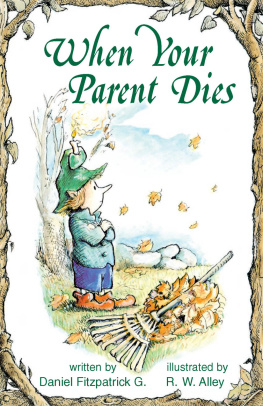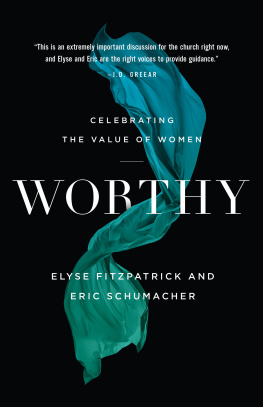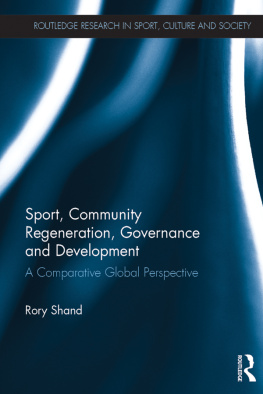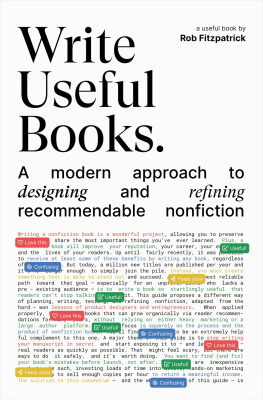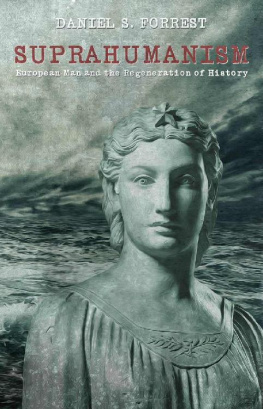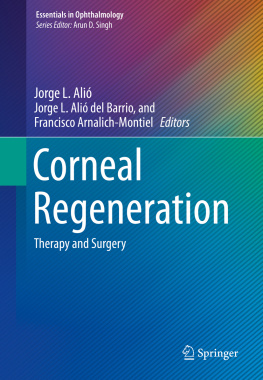First published in 2020 by
UCL Press
University College London
Gower Street
London WC1E 6BT
Available to download free: www.uclpress.co.uk
Text Authors, 2020
Images Authors and copyright holders named in captions, 2020
The authors have asserted their rights under the Copyright, Designs and Patents Act
1988 to be identified as the authors of this work.
A CIP catalogue record for this book is available from The British Library.
This book is published under a Creative Commons 4.0 International licence (CC BY 4.0). This licence allows you to share, copy, distribute and transmit the work; to adapt the work and to make commercial use of the work providing attribution is made to the authors (but not in any way that suggests that they endorse you or your use of the work). Attribution should include the following information:
Sendra, P. and Fitzpatrick, D. 2020. Community-Led Regeneration:A Toolkit for Residents and Planners. London: UCL Press. DOI: https://doi.org/10.14324/111.9781787356061
Further details about Creative Commons licences are available at
http://creativecommons.org/licenses/
ISBN: 978-1-78735-608-5 (Hbk.)
ISBN: 978-1-78735-607-8 (Pbk.)
ISBN: 978-1-78735-606-1 (PDF)
ISBN: 978-1-78735-609-2 (epub)
ISBN: 978-1-78735-610-8 (mobi)
DOI: https://doi.org/10.14324/111.9781787356061
Authors
Daniel Fitzpatrick is Teaching Fellow and researcher at The Bartlett School of Planning, UCL. His doctoral research was on mutual housing models in London and their governance. He has been researching the relationship between community groups and universities in planning, and looking at formal and informal practices of estate regeneration and collective housing. He has worked in India, Italy, Cuba, Chile, Nepal and London, working on projects at different scales from international development and within local government. He was a founding partner of the planning and architecture practice Variant Office between 2014 and 2018.
Dr Pablo Sendra is Lecturer in Planning and Urban Design at The Bartlett School of Planning, UCL. He combines his academic career with professional practice in urban design. He is co-founder of the urban design practice Lugadero, which has recently facilitated a co-design process for two public spaces in Wimbledon, London. He is also co-founder of CivicWise, a network promoting civic engagement and collaborative urbanism. He develops action research projects and radical teaching in collaboration with community groups and activists in London. At UCL, Sendra is the Director of the MSc in Urban Design and City Planning programme, the coordinator of the Civic Design CPD course and the Deputy Leader of the Urban Design Research Group. He is co-author (with Richard Sennett) of Designing Disorder (forthcoming) and co-editor (with Maria J. Pita and CivicWise) of Civic Practices (2017). He is part of the City Collective for the journal City.
Other contributors
Michael Edwards studied economics, then planning, at UCL 19646. He worked in Nathaniel Lichfields practice, doing economic inputs to the Plan for Milton Keynes. He has enjoyed lecturing at The Bartlett School, UCL since 1969 and been involved in all the Examinations in Public (EiPs) on London Plans since 2000, working with the network of community groups Just Space (justspace.org.uk). His publications are at michaeledwards.org.uk and he tweets as @michaellondonsf. His 2015 paper on housing, rent and land over the next 45 years, commissioned by the Government Office for Science Foresight project on the future of UK cities, is at http://bit.ly/1NvjmV7. He is semi-retired.
Richard Lee is the coordinator of Just Space, a London-wide network of community and voluntary groups operating at the local and city-wide level. It came together in 2007 to influence the strategic (spatial) plan for London the London Plan. The Just Space network has brought together and nurtured a huge amount of experience and knowledge from Londons diverse community organisations. This has been channelled into making policy proposals for a fair and sustainable London. Universities have played an important role in supporting the work of Just Space, meeting the needs of community groups through research, teaching, student volunteering and the free use of university space. Just Space publications include Towards a Community-Led Plan for London (2016) and Social Impact Assessment in London Planning (2018).
Sarah Sackman is a practising public interest barrister specialising in public and planning law. She is a housing and community campaigner and has acted for tenants and residents groups fighting for fairer regeneration, and for public bodies and the housing charity Shelter to deliver more social housing. Sarah holds degrees from Cambridge and Harvard universities and teaches human rights and planning law as a Visiting Lecturer at the London School of Economics (and UCL).
Richard Lee and Michael Edwards, Just Space
In cities around the world the pressure of investment in search of rents and profits is displacing low-income citizens and local economic activities, disrupting lives and livelihoods and often demolishing existing homes in the process. London is distinctive in two main ways: it is a huge, unequal and expensive city to live in and it has a strong heritage of council housing. As the largest city in Europe, the capital of one of Europes most unequal nations, London has a housing market with very high rents and prices compared with incomes. It is often referred to simultaneously as a wealth machine and a poverty machine.


